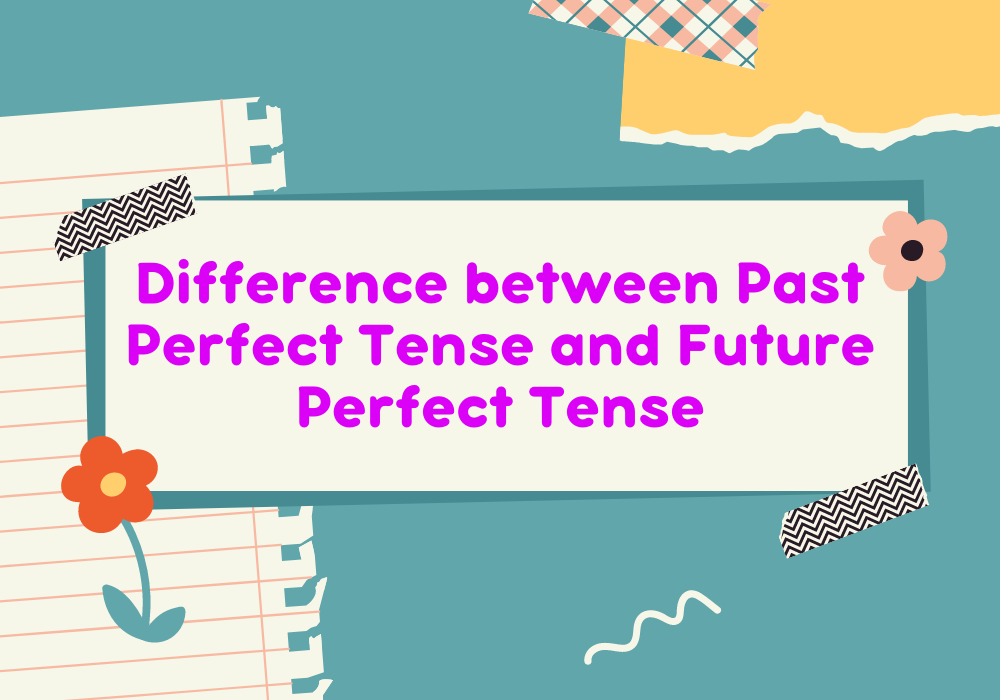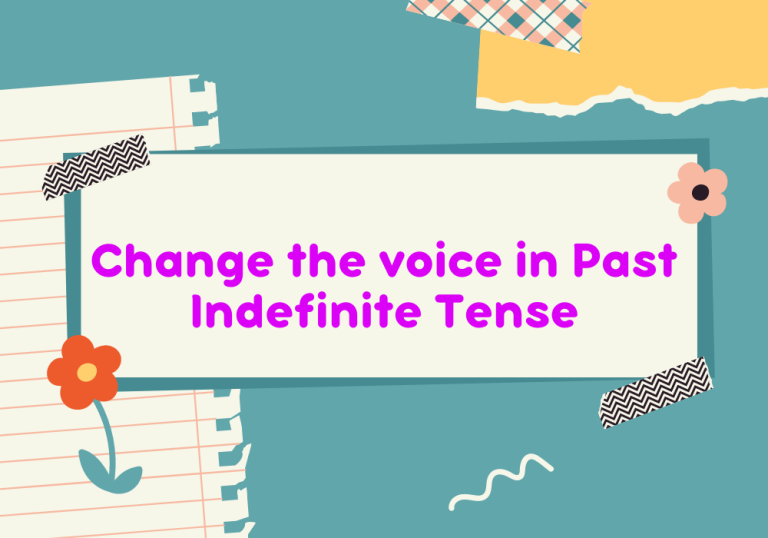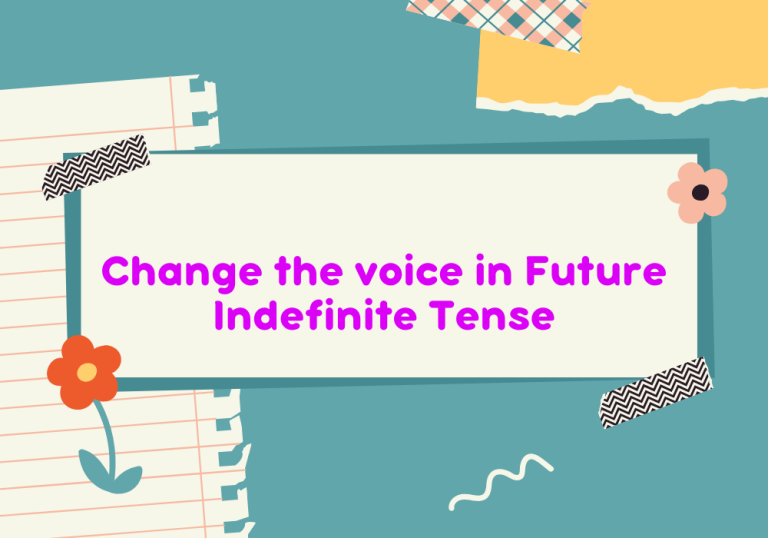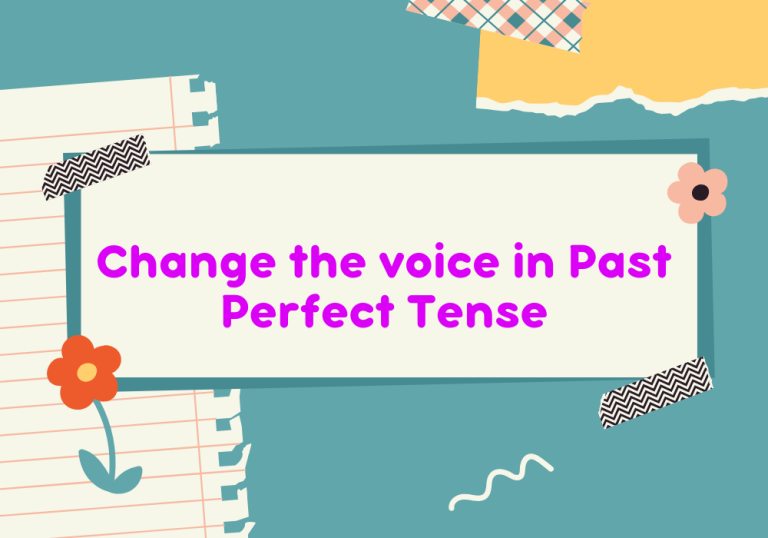| Past Perfect Tense shows that an action completed before/after another action at the past moment. | Future Perfect Tense defines an action which is planned to complete before a specific time in future. |
| Past Perfect Tense makes a comparison between the two actions. | Future Perfect Tense focuses only a single action. |
| Had and past participle form of the main verb use in Past Perfect tense. | Shall/Will have and past participle form of the main verb use in Future Perfect tense. |
| We can justify the activities in Past Perfect tense. | We can not justify the activities in Future Perfect tense. |
| Example: a) He had come before you went out. b) The train left the station after he had reached the station. | Example: a) They will have joined the meeting. b) He will have finished his project by Sunday. |



